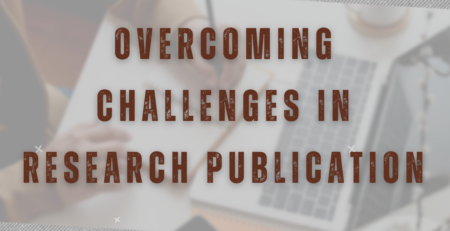19Mar

Pursuing a PhD is a rewarding yet challenging journey that often brings immense stress. The pressure of research, deadlines, and academic expectations can take a toll on mental and physical health. However, managing stress effectively is key to maintaining productivity and overall well-being. If you’re feeling overwhelmed, here are some proven strategies to help you deal with PhD stress and navigate the pressures of PhD life successfully. Prioritizing self-care and adopting healthy habits can make it easier to deal with PhD stress while staying focused on your academic goals.

PhD students often experience stress due to various factors, including academic workload, funding issues, pressure to publish, and personal expectations. It is essential to recognize stress symptoms early and take proactive measures to maintain a healthy balance between research and personal life.
Proper planning can help you stay on track and reduce stress. Use tools like Trello, Notion, or Google Calendar to organize tasks, set deadlines, and track progress. Create a daily or weekly plan to ensure you meet your goals without feeling overwhelmed.
Time Management Strategies
Large research projects can feel overwhelming, but breaking them down into smaller, actionable steps makes them more manageable. Completing small milestones will boost motivation and reduce stress. For example:
It’s easy to let research consume your life, but overworking can lead to burnout. Setting clear boundaries between work and personal life is crucial.
Mindfulness techniques like meditation and deep breathing can help reduce anxiety. Apps like Headspace and Calm provide guided meditation exercises that are great for beginners.
Physical activity is a great stress reliever and improves mental clarity. Regular exercise releases endorphins, which enhance mood and reduce stress.
Having a support system can make a significant difference in dealing with PhD stress. Connect with fellow PhD students, mentors, and advisors for guidance and encouragement.
Overworking can decrease productivity and negatively impact mental health. Ensure you take regular breaks and get enough sleep to refresh your mind and body.
A positive attitude can help you navigate academic challenges more effectively. Focus on your achievements rather than dwelling on setbacks.
If stress becomes unmanageable, seek professional help. Many universities offer counseling services to support students’ mental well-being.
PhD life comes with unexpected challenges, such as research setbacks or manuscript rejections. Learning to adapt and bounce back from disappointments is crucial for success.
Managing PhD stress is crucial for academic success and personal well-being. Implementing these strategies will help you deal with PhD stress and create a balanced and productive research experience. Remember, you’re not alone—seek support when needed and prioritize self-care. By maintaining a structured routine, focusing on mental well-being, and staying connected with peers, you can successfully deal with PhD stress and navigate the challenges of a PhD program.
Kenfra Research understands the challenges faced by PhD scholars and offers tailored solutions to support your academic goals. From topic selection to advanced plagiarism checking.
According to your study, our PhD thesis writing servicesadhere to the correct thesis writing format. A thesis is made up... read more

Publishing research in reputed journals is a critical step in a scholar’s academic journey. However, the process is not... read more

Embarking on a PhD journey is an exciting yet challenging endeavor. A well-structured Research Plan for Your PhD Thesis... read more

In 2025, choosing the right web hosting provider is more crucial than ever. Whether you're launching a personal blog,... read more

For researchers and academicians, journal publications are a significant part of academic success, often serving as key requirements for advancing... read more
Researchers win $700k prize for using AI to read ancient scroll A team of researchers has been awarded a prestigious... read more

In today’s academic world, understanding the Ethics of co-authorship and plagiarism is essential for every researcher. Whether you are a... read more

Selecting the right base paper for your research is one of the foundational steps in conducting impactful research. The base... read more
WhatsApp us
Leave a Reply